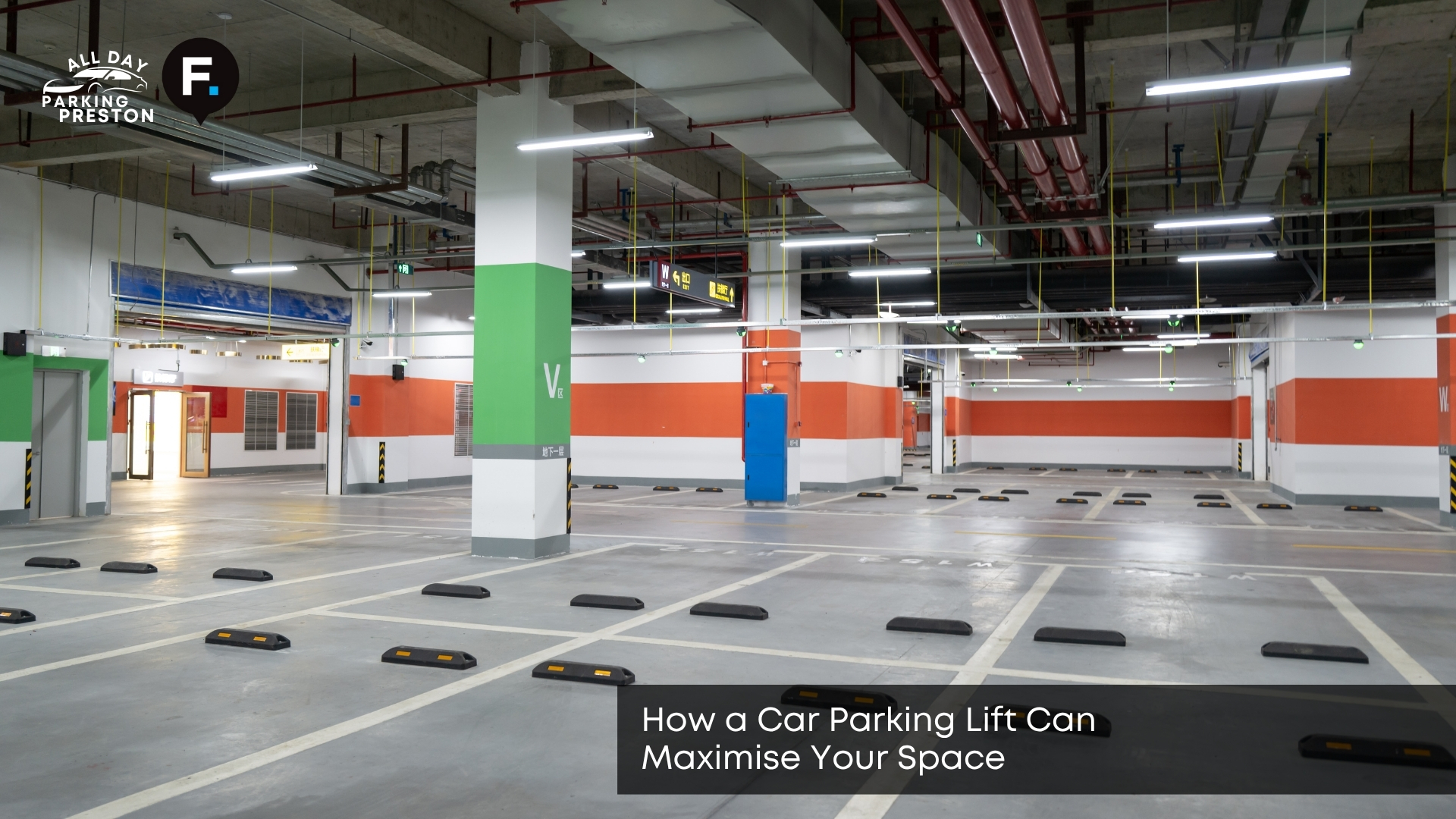A car parking lift is a smart way to make the most of limited space, especially in busy cities or small properties. It uses a mechanical system to stack cars vertically, allowing you to park two or more vehicles in the space of one. This modern solution is becoming popular in both homes and commercial sites. If you’re short on parking but have height to spare, this could be the perfect upgrade. Let’s explore how it works and why it matters.
What Is a Car Parking Lift and How Does It Work?
A car parking lift is a mechanical platform that raises one car so another can park below it. It works with hydraulics or electric motors and is controlled by simple switches or remote access. Some lifts are for home garages while others suit car parks or apartment blocks. The design keeps cars secure and easy to access. But not all lifts are the same, so choosing the right one depends on your space.
Why Should You Consider a Parking Lift for Your Property?
You should consider a parking lift if you need more space without expanding your driveway or building a new garage. It’s especially useful for households with multiple cars or city homes with limited ground area. Lifts are also a long-term solution that adds value to your property. For landlords and developers, they’re a space-saving upgrade that pays off. Knowing the benefits helps you understand why many are switching to this method.
How Much Space Can You Actually Save?
You can save up to 50 percent of your ground space by using a car parking lift, as it lets you park vertically instead of side by side. With double or triple lifts, you can park two or even three cars where there was only room for one. This makes it ideal for narrow plots, shared parking, or basement garages. The type of lift you choose can affect your total space gain.
Are Parking Lifts Safe for Everyday Use?
Yes, car parking lifts are designed with safety in mind and include features like anti-fall locks, alarms, and weight sensors. They undergo strict testing and are built to hold far more than a standard car weighs. Regular maintenance and proper use keep them reliable. Some models even have key-lock systems to prevent misuse. But like any mechanical system, it’s wise to understand the installation process too.
What Does Installation Involve and How Long Does It Take?
Installing a car parking lift involves checking your floor strength, ceiling height, and access space. Most lifts require a flat concrete base and mains power. A professional team can usually complete the setup within a few days. Residential lifts are quicker to install than larger commercial models. After it’s in place, the real value comes from how it’s used day to day.
Can Parking Lifts Be Used in Homes as Well as Businesses?
Yes, parking lifts are suitable for both residential and commercial settings. Homeowners use them in garages or driveways, while businesses install them in office blocks, hotels, or flats. Some homeowners even add a lift to create a workshop under their car. Whatever the case, each setting has its own requirements. Maintenance plays a key role in keeping it working well.
What Maintenance Do Car Parking Lifts Require?
Car parking lifts need regular maintenance checks to keep them running smoothly and safely. This includes inspecting hydraulic lines, testing locks, checking control panels, and applying lubrication. Most manufacturers suggest a service every 6 to 12 months. A well-maintained lift will last for many years with minimal issues. Cost also plays a part in deciding if it’s the right choice for you.
How Much Does a Car Parking Lift Cost?
The cost of a parking lift can range from £2,000 to £10,000 depending on its size, type, and features. Residential models are often cheaper than large-scale commercial systems. Installation, maintenance, and warranty packages add to the price. However, the space saved and long-term value can make it a cost-effective investment. And it’s not just space you’re gaining.
How Does a Parking Lift Improve Property Value or Convenience?
A parking lift adds convenience by removing the hassle of juggling cars or looking for space. It can also boost your property’s value, especially in urban areas where parking is scarce. Estate agents often highlight these systems in listings for modern homes. It shows forward-thinking design and practicality, just like many modern Preston parking options that make life easier for drivers every day. To decide if it’s right for you, weigh the pros and cons.
What Are the Pros and Cons of Installing a Parking Lift?
The pros include saved space, added convenience, increased property value, and better parking security. The cons might include upfront cost, ongoing maintenance, and installation limits based on your building. But for most users, the benefits outweigh the drawbacks. If used properly, a lift becomes a practical asset, much like choosing convenient all day parking in Preston for stress-free access and peace of mind. So what should you keep in mind before making the leap?
What Should You Consider Before Buying a Parking Lift?
You should consider your ceiling height, vehicle sizes, budget, and how often you’ll use the system. Also think about access, power supply, and who else might use it. Consulting a professional before buying is highly recommended. Once you’re sure of the fit, installation can move forward smoothly, just like following smart car park valeting tips to keep your space clean and efficient. That leads to the final takeaway on making the smart choice.
How to Know If a Car Parking Lift Is Right for Your Space
A car parking lift is right for your space if you need more room without expanding outwards and your site meets basic height and structure requirements. When planned correctly, it solves everyday parking issues and offers long-term value. It’s a clever solution that makes the most of what you already have. With the right setup, your parking problems could be lifted.


Leave a Reply